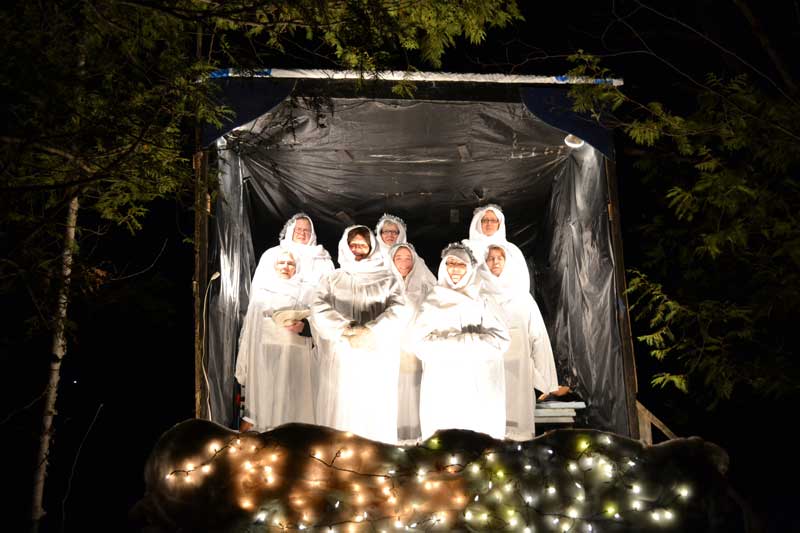The United Nations Summit on Climate Change, underway this week in Paris with representatives from 191 nations in attendance will, hopefully, be a watershed event not only for the current generations of the human race, but more importantly, for generations to come.
Our new prime minister made precisely the right gesture in inviting not only the premiers of every Canadian province to attend this climate change summit with he and his team but also the leaders of all of the opposition parties in the House of Commons.
Prime Minister Trudeau is obviously intent on sending a strong message that Canada’s role in halting climate change supersedes partisan issues. It is equally important to observe that all of the provincial leaders (or their designates) and Mr. Trudeau’s opposition leaders have agreed to join him in these Paris deliberations just now.
The optics of this united front are enormously important and reflect the result of current polls that show that the majority of Canadians support steps that will mitigate increases in the creation of greenhouse gasses, even though this will in all likelihood cost them money as process of some commodities will rise accordingly to offset industrial cleanup costs.
Higher consumer prices, however, are not inevitable. Ontario’s carbon tax will encourage some industries to move ahead more quickly with improved technology, enabling them to lower their emissions, avoid the carbon tax and become, in the process, more efficient.
In nearby Sudbury, the superstack that dominates the skyline in Copper Cliff and was built 45 years ago, in 1970, to push the INCO smelter emissions much higher into the sky and thus disperse them over a much wider area then had been the previous practice with much shorter smokestacks, accomplished just that and allowed the much-heralded re-greening of Sudbury to take place.
The city has long said farewell to the black rocks where vegetation would not grow largely because of the sulphur fallout from the old, shorter stacks and, a generation later, this is only a memory and an historical anecdote.
Now, technology has overtaken the superstack which will soon have served its purpose and will be decommissioned, possibly as soon as next year.
This is the sort of progress that we know is possible because we see it taking place around us, albeit slowly, and so we know that industry has the ways, and hopefully the means, to not only undertake these kind of changes but to do them rapidly enough to coincide with the harm-reduction benchmarks that will inevitably be the outcome of the Paris summit.
We will be looking, each of us in our own way, at a sustained period of adaptation and change.
But the climate change deniers are more and more voices in the wilderness and their volume grows more faint by the day which underscores the idea that people, unless they endorse an international catastrophe, are ready to buckle down and be part of the culture of change.
Hopefully, the international accords that will be reached in Paris this week and next will at home and internationally, set the world, our earth, on the course to recovery.



